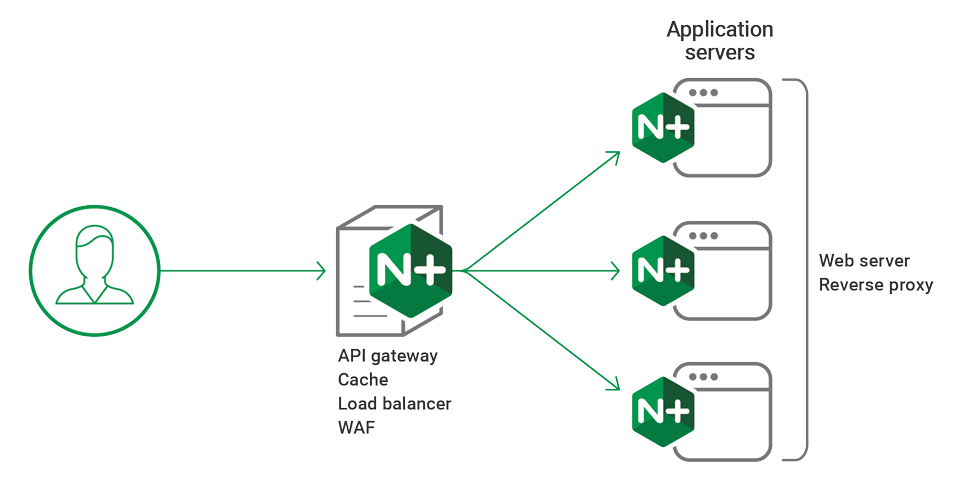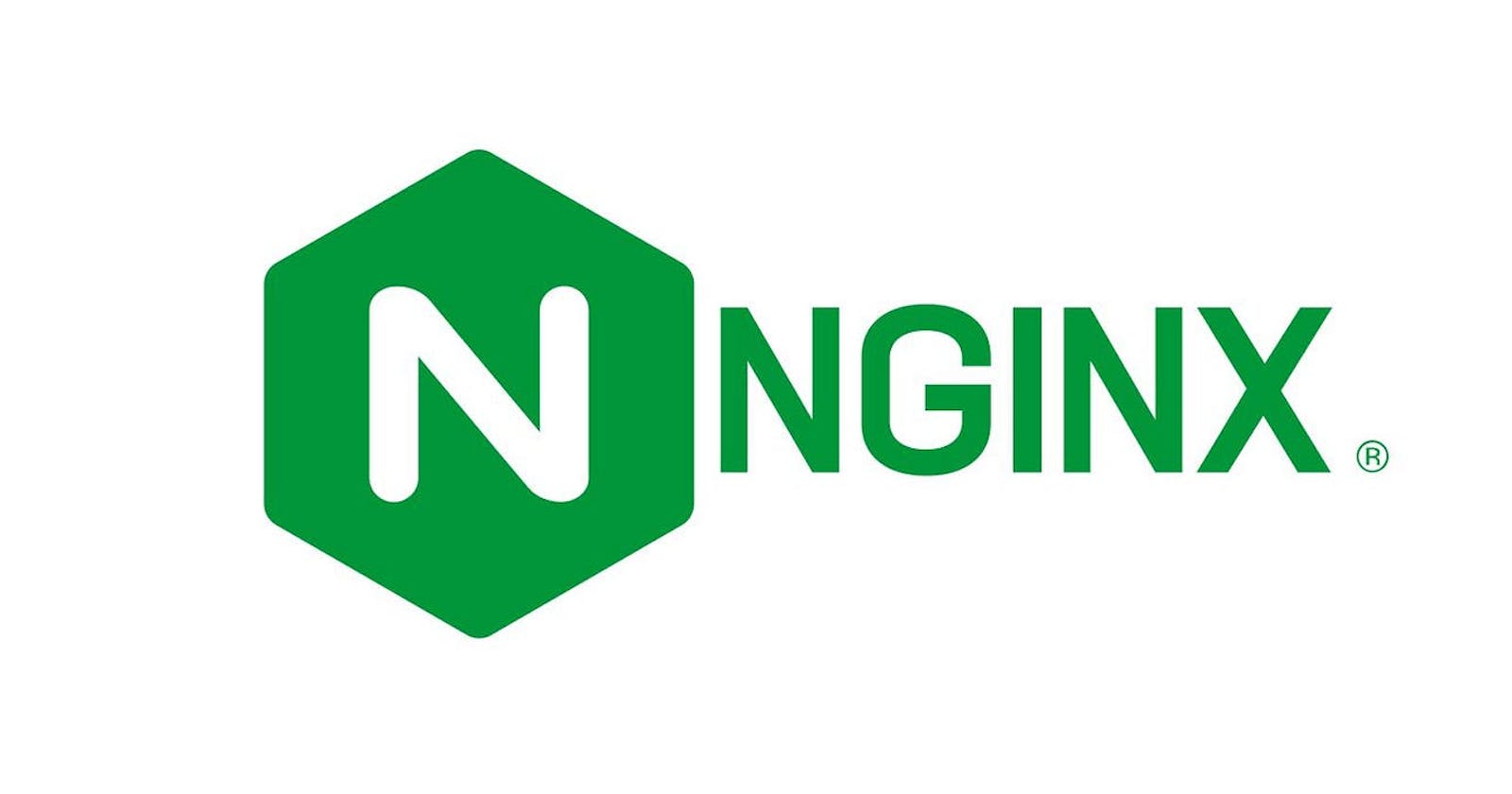Namaste, LinkedIn family!
Today, let's delve into the world of NGINX, a robust web server that goes beyond the basics.
Why we use Nginx?
NGINX is open source software for web serving, reverse proxying, caching, load balancing, media streaming, and more. It started out as a web server designed for maximum performance and stability.

1. Serving Static Content with NGINX:
One of NGINX's strengths is efficiently handling static content. Here's a snippet of NGINX configuration to serve static files:
server {
listen 80;
server_name example.com;
location / {
root /path/to/your/static/files;
index index.html;
}
}
In this scenario, NGINX efficiently delivers static files like HTML, CSS, and images, enhancing your website's speed and responsiveness.
2. Reverse Proxy Magic:
NGINX shines as a reverse proxy, mediating requests between clients and backend servers. Consider a scenario where you have a Node.js app running on localhost:3000. NGINX simplifies the process:
server {
listen 80;
server_name example.com;
location / {
proxy_pass <http://localhost:3000>;
proxy_http_version 1.1;
proxy_set_header Upgrade $http_upgrade;
proxy_set_header Connection 'upgrade';
proxy_set_header Host $host;
proxy_cache_bypass $http_upgrade;
}
}
Now, NGINX acts as a gateway, seamlessly directing traffic to your Node.js app.
3. Load Balancing Brilliance:
Imagine your application gaining popularity, and you need to distribute incoming traffic among multiple servers. NGINX simplifies load balancing with ease:
http {
upstream backend {
server server1.example.com;
server server2.example.com;
# Add more servers as needed
}
server {
listen 80;
server_name example.com;
location / {
proxy_pass <http://backend>;
}
}
}
NGINX ensures that each request is intelligently distributed across your backend servers, optimizing performance and maintaining stability.
Conclusion - NGINX is widely used by websites of all sizes, from small personal blogs to large-scale enterprise applications. Its flexibility, performance, and extensive feature set make it a popular choice for handling web traffic efficiently and securely. Additionally, NGINX is often used in conjunction with other software like Apache, PHP, and various databases to form a complete web server stack.
--SHAILENDRA SONAR
